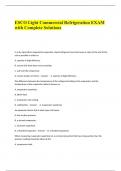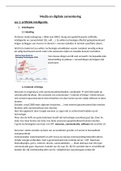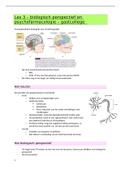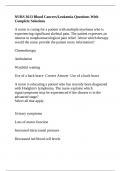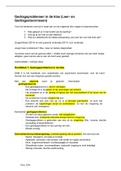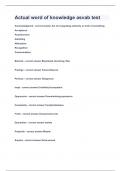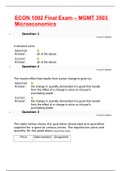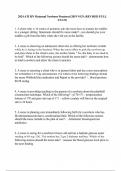Samenvatting
Summary Entertainment Communication (lectures and literature notes)
- Instelling
- Universiteit Van Amsterdam (UvA)
This document is a FULL summary of everything you need to know for the Entertainment Communication exam. It divided by the week, so for each week you have the corresponding lecture and literature. I got an 8 in my final exam. You NEED to study from this summary to pass the final exam!
[Meer zien]





